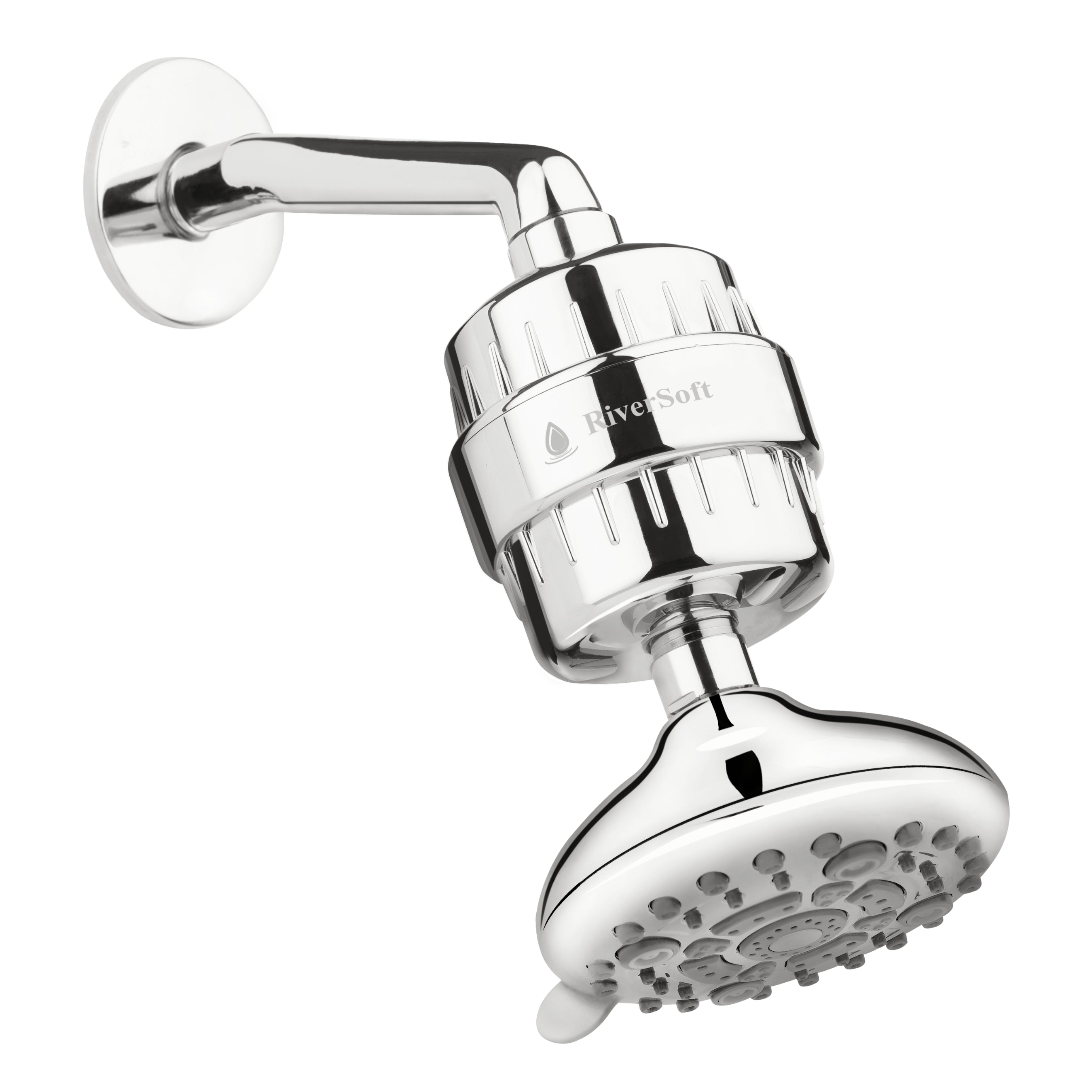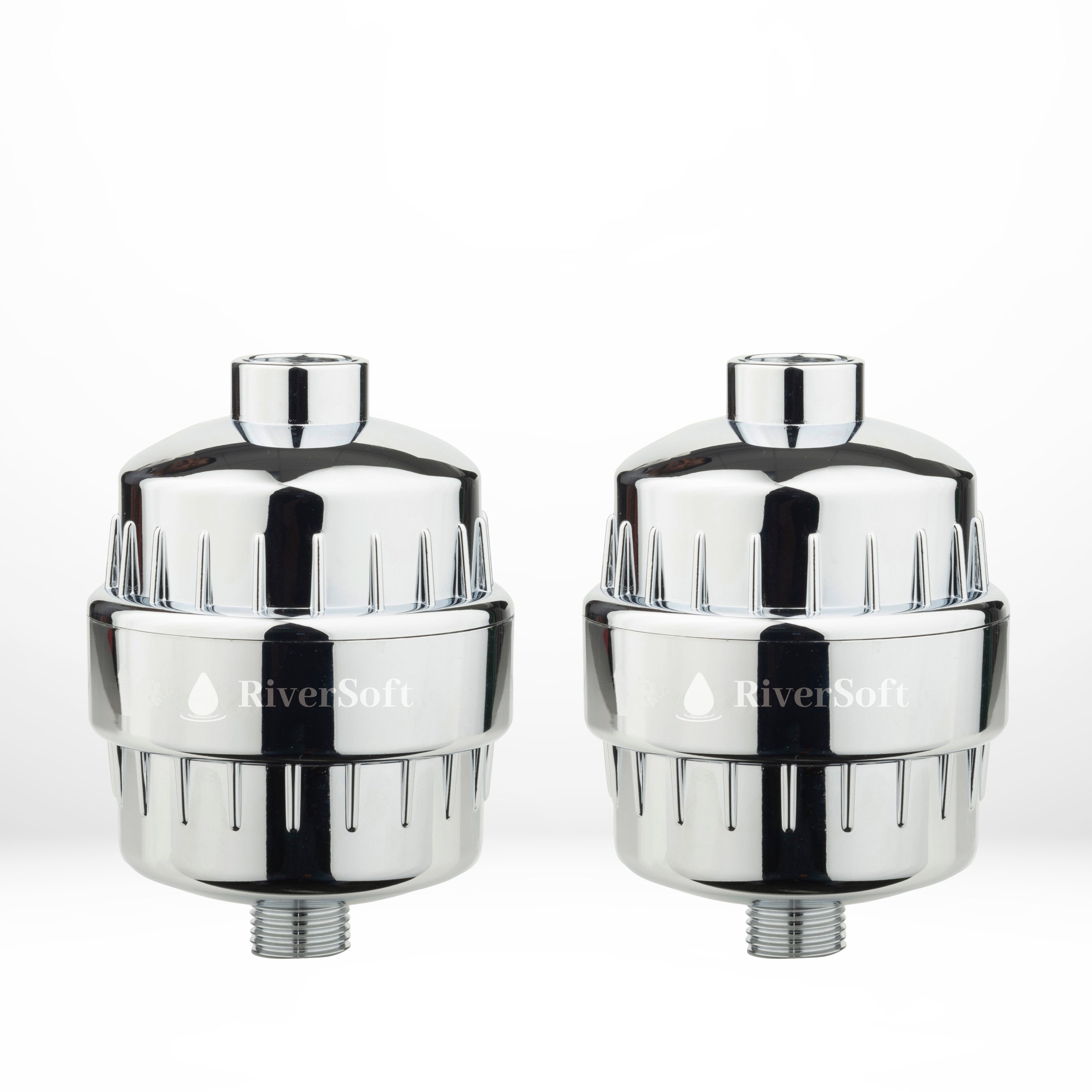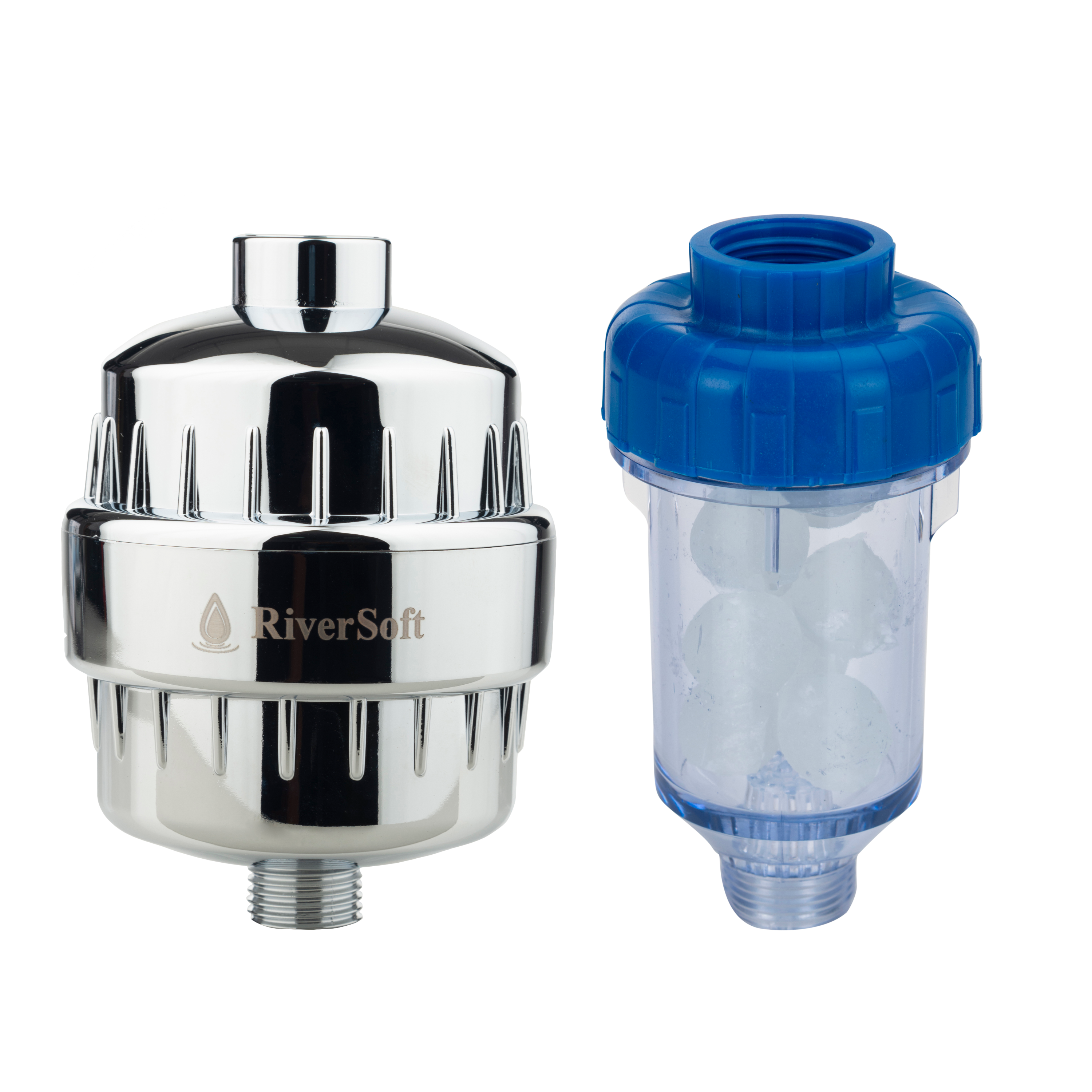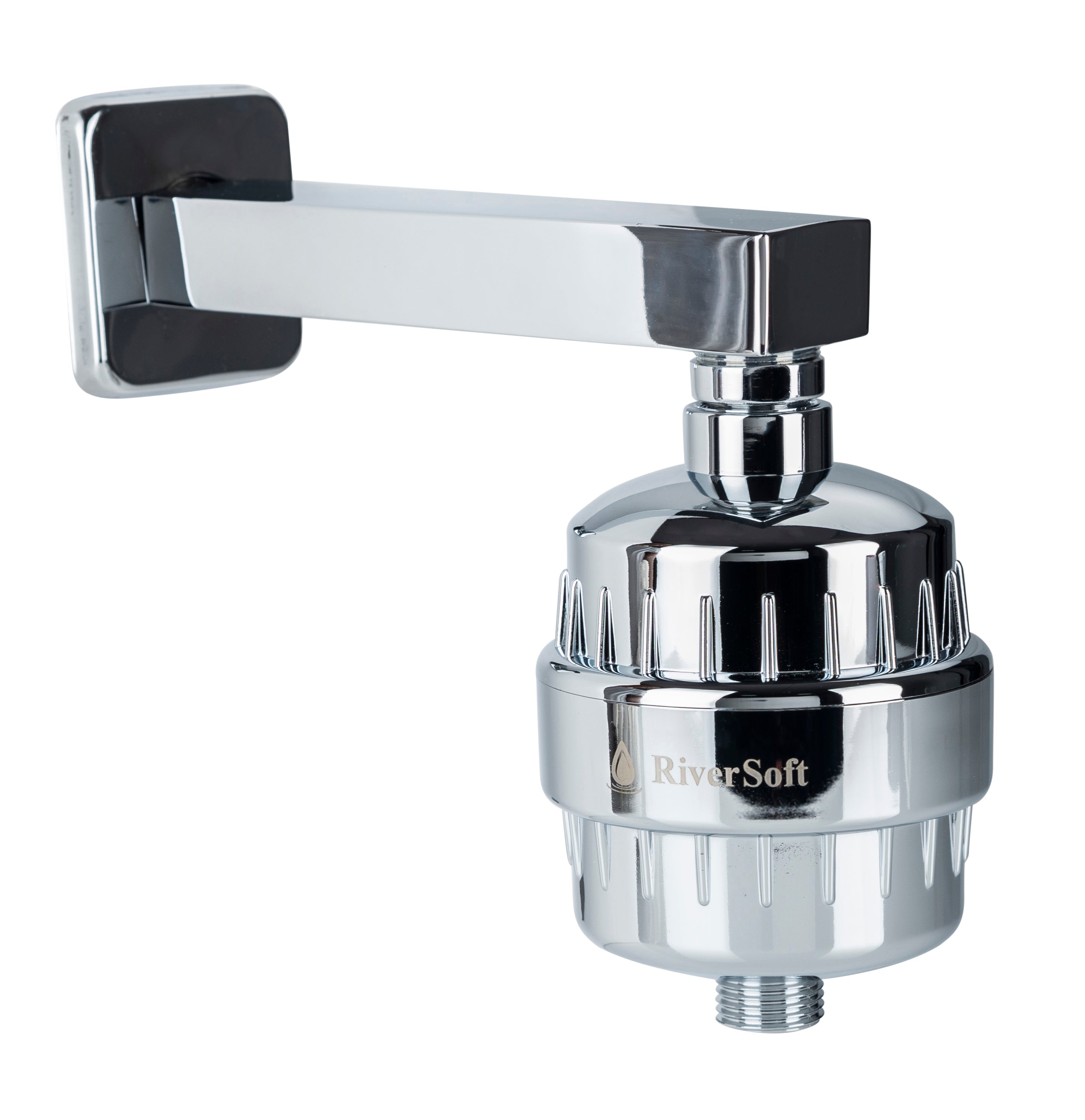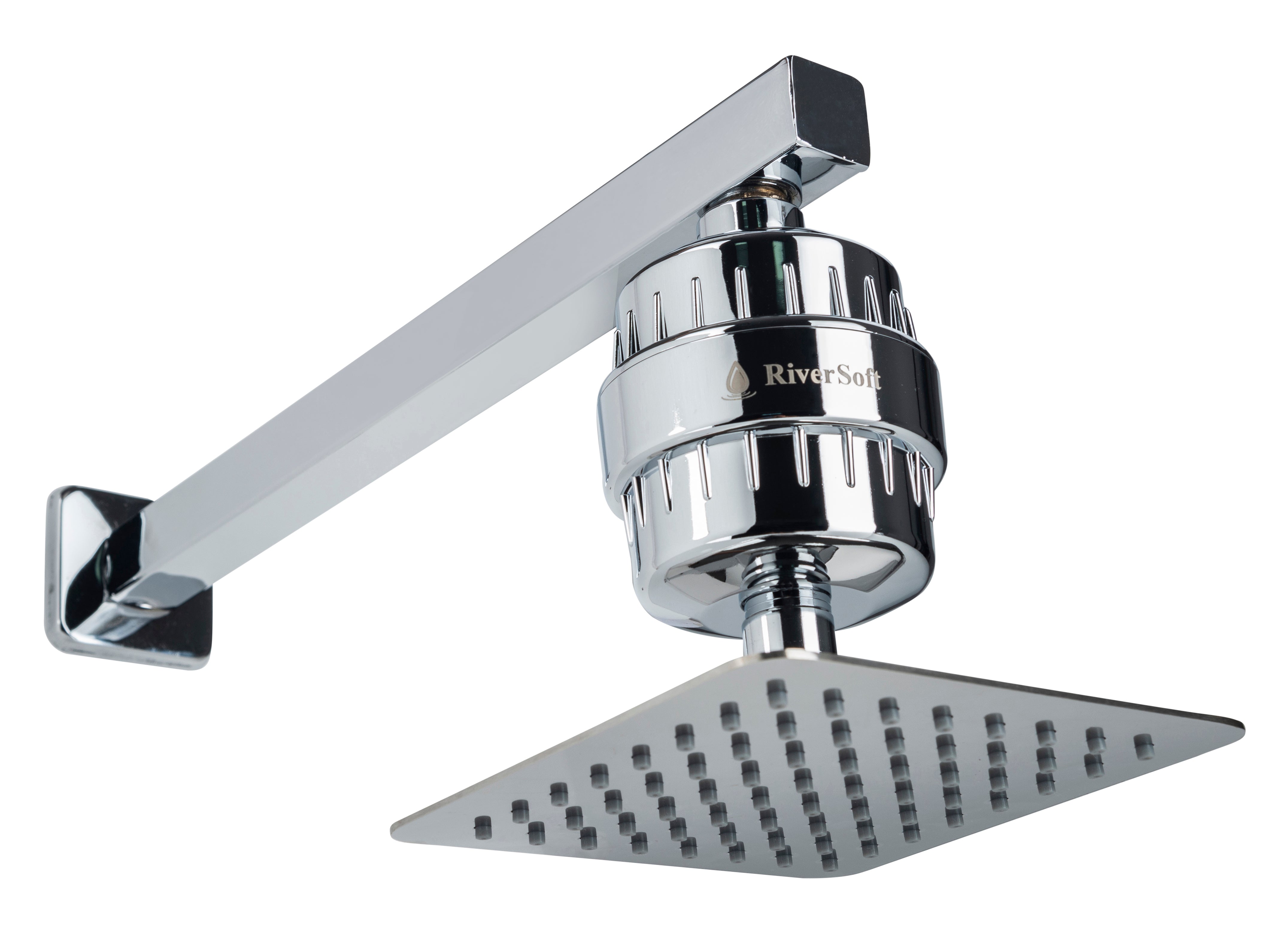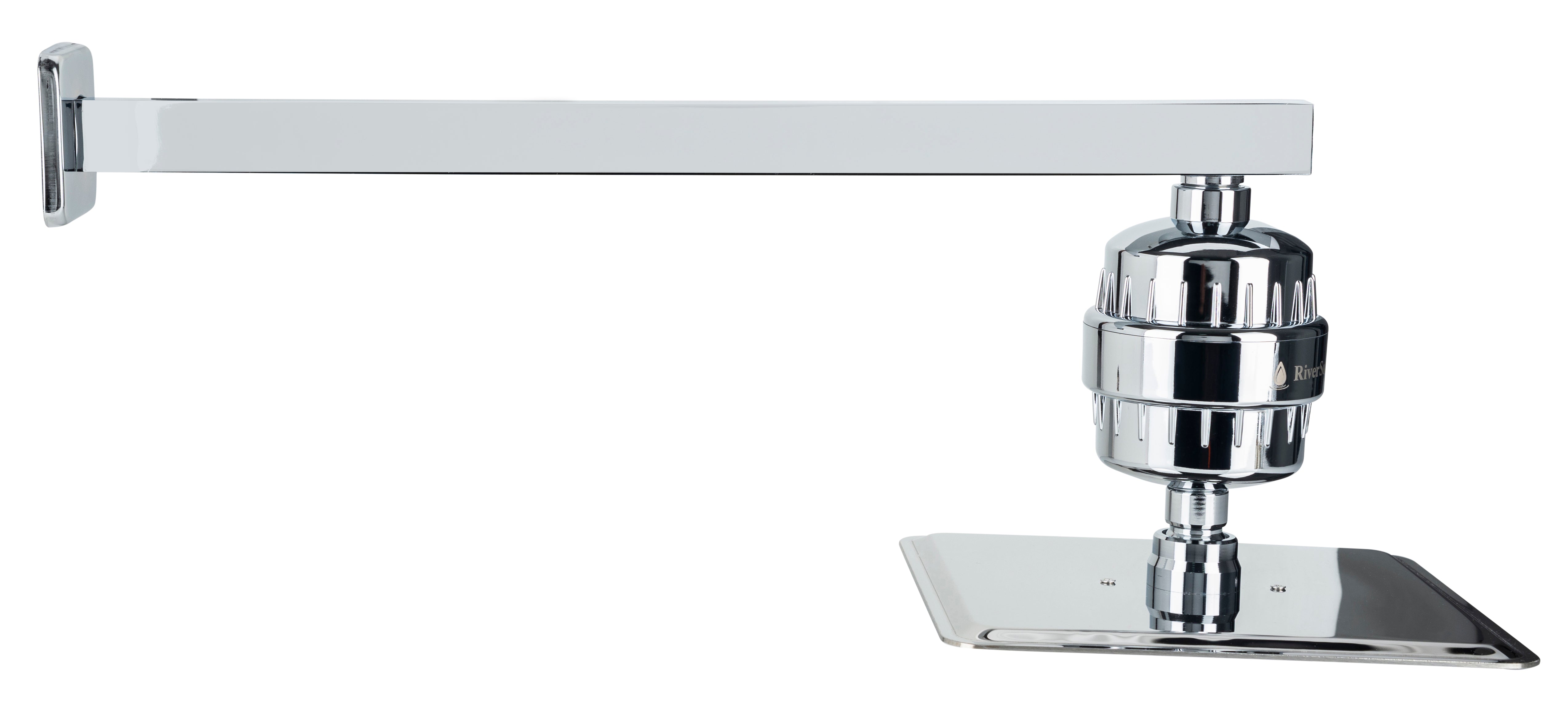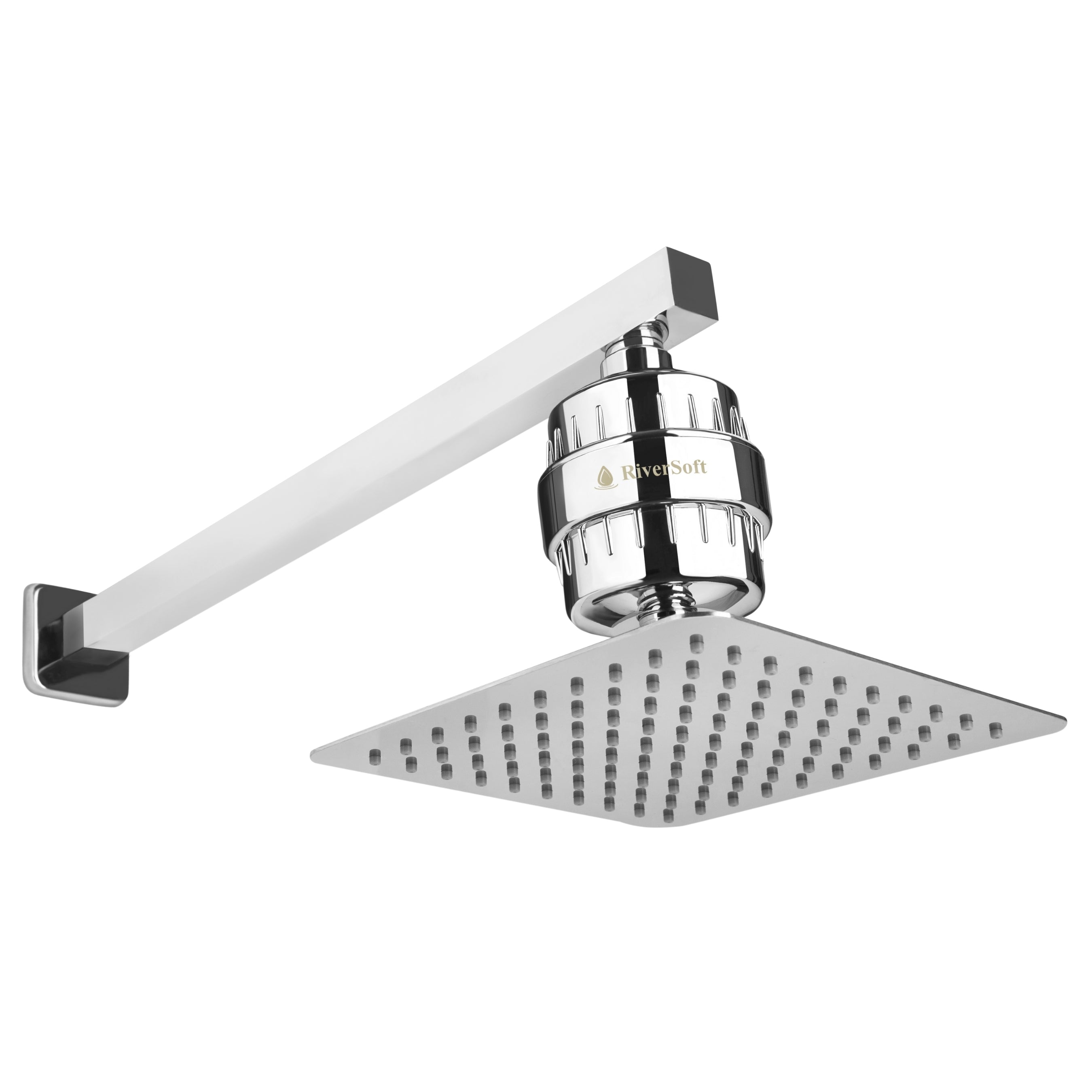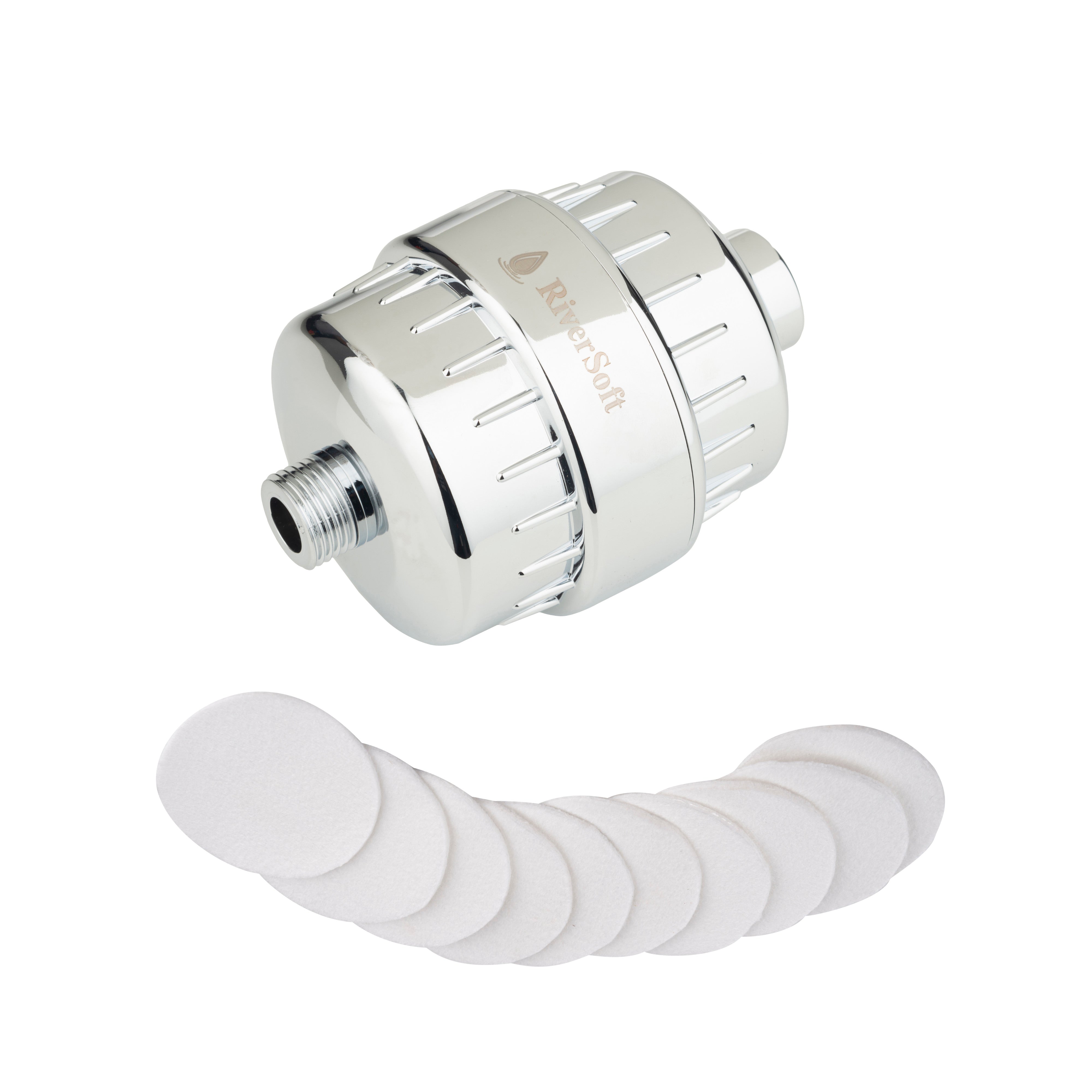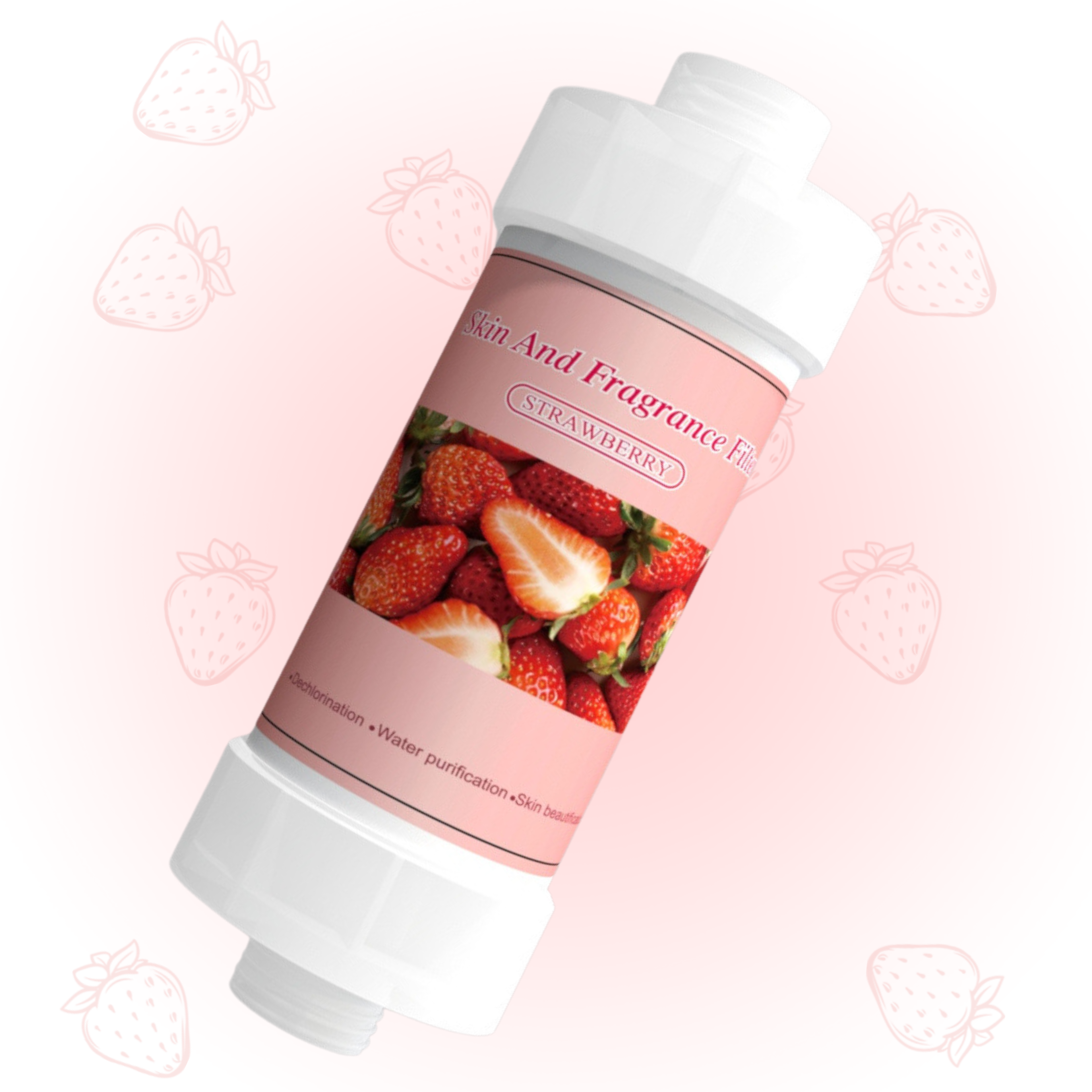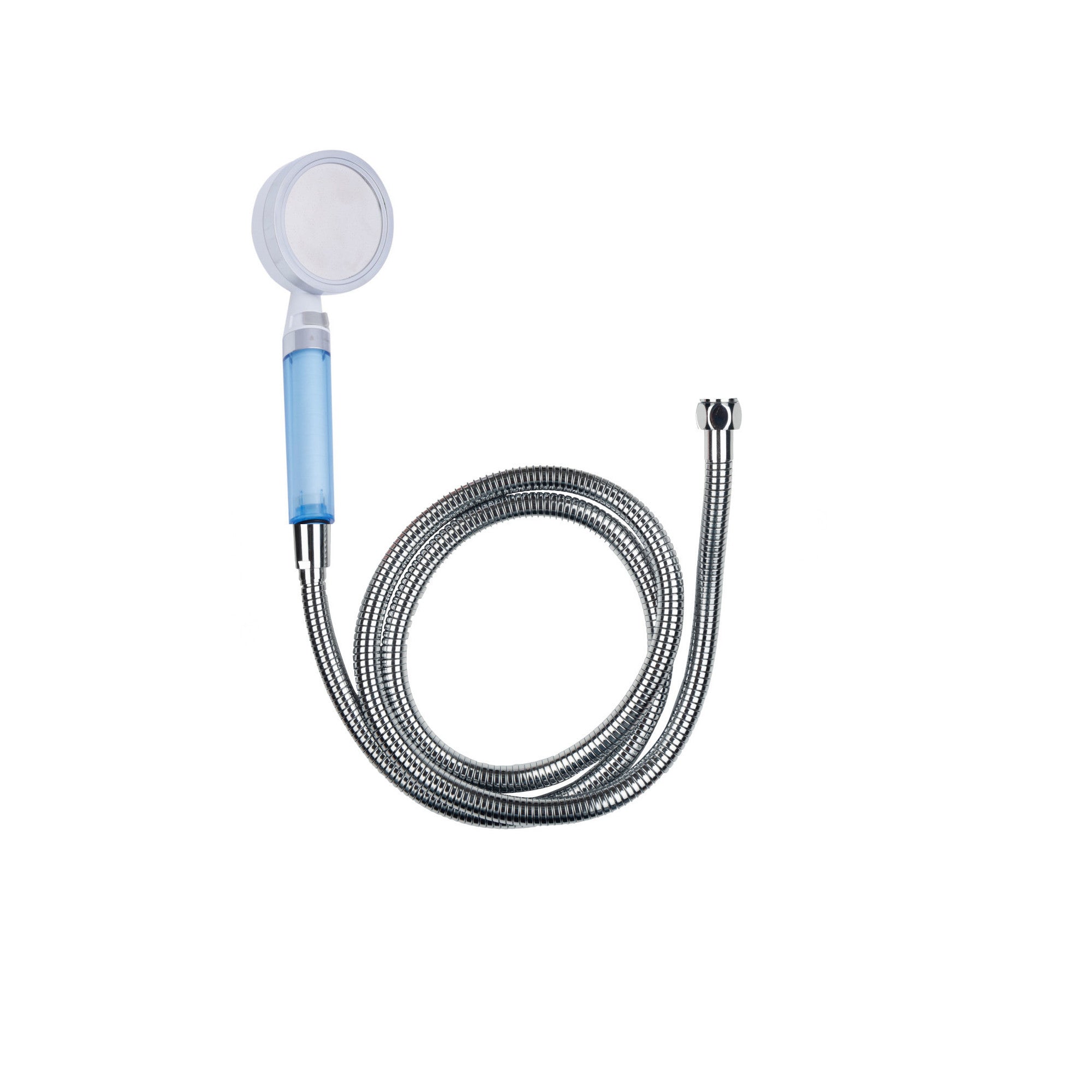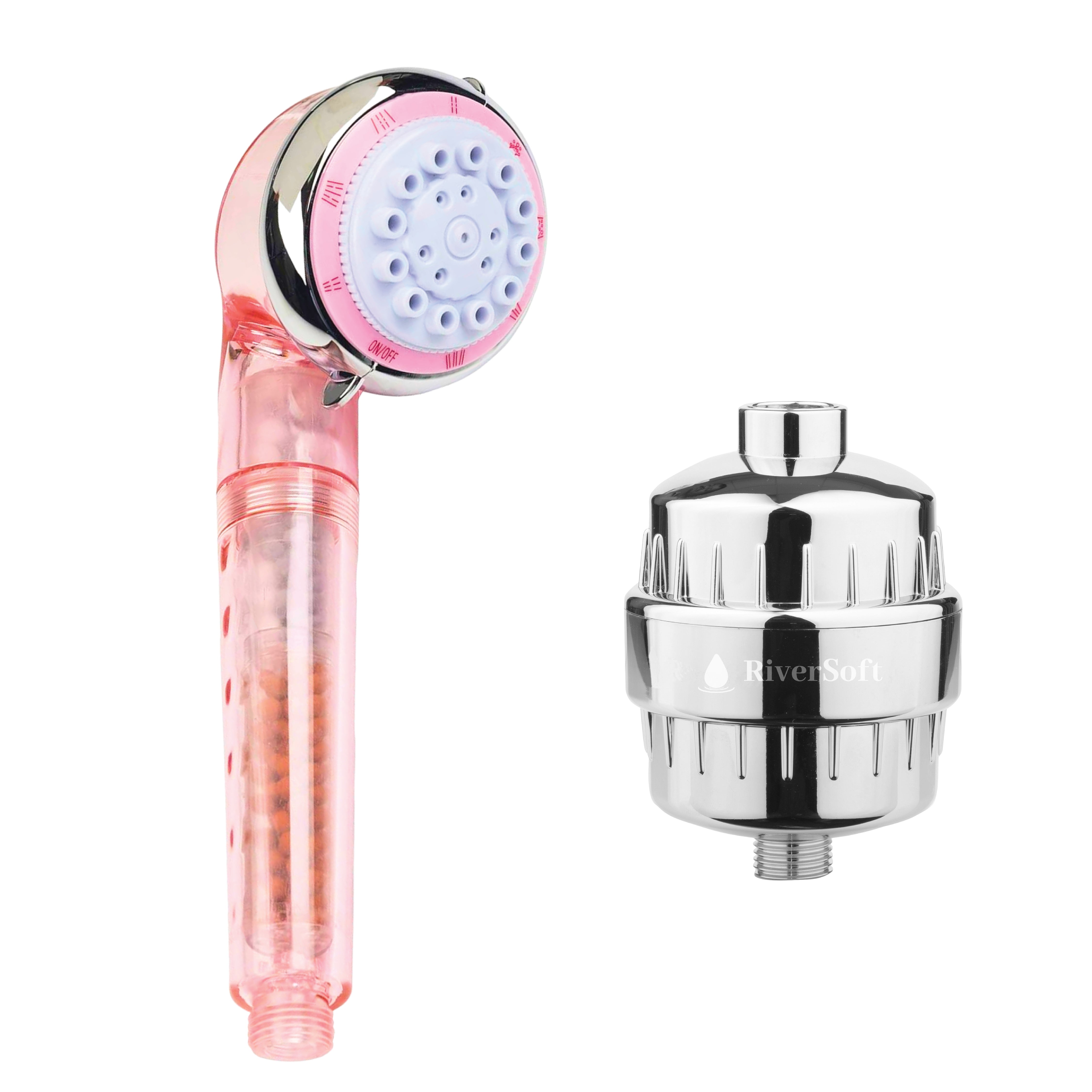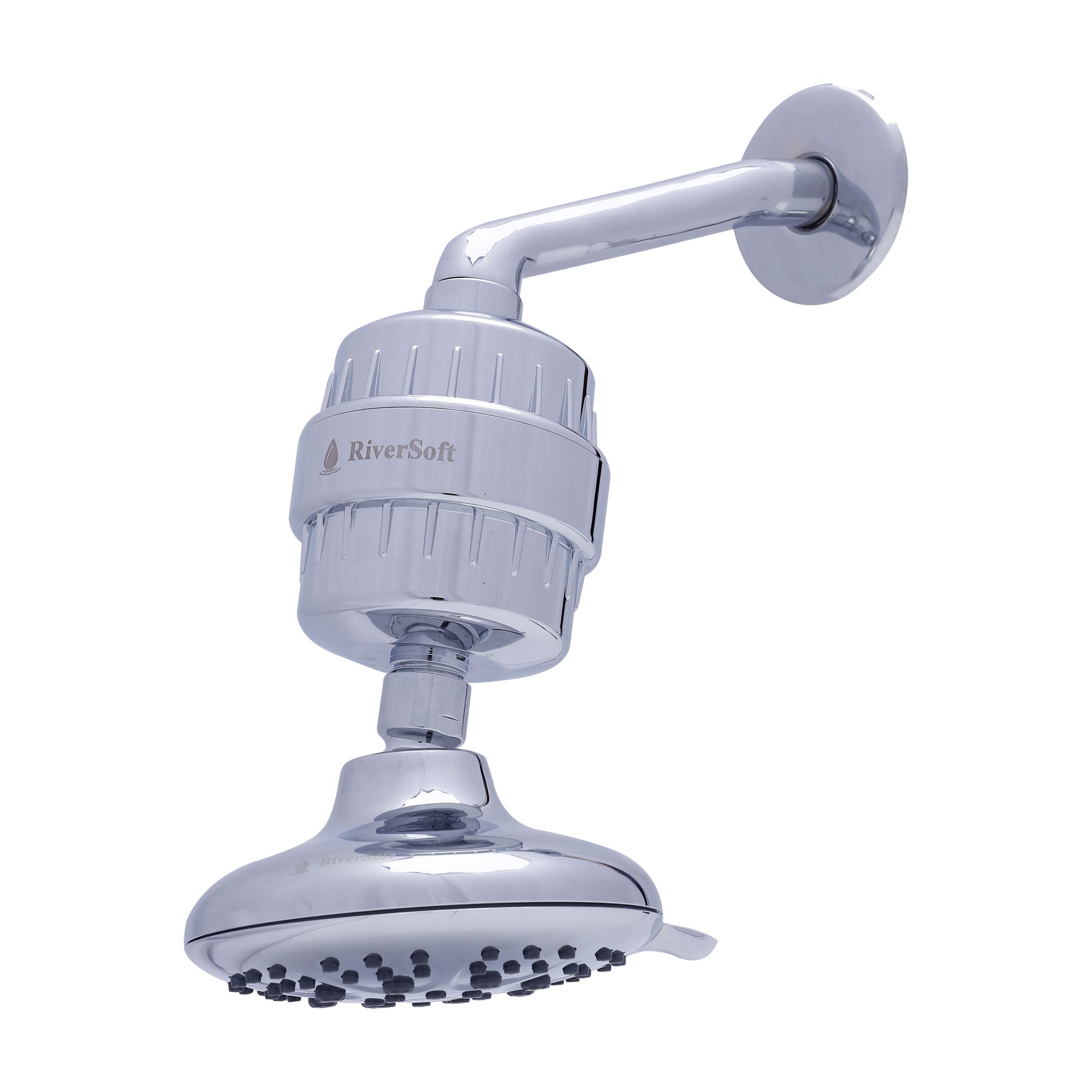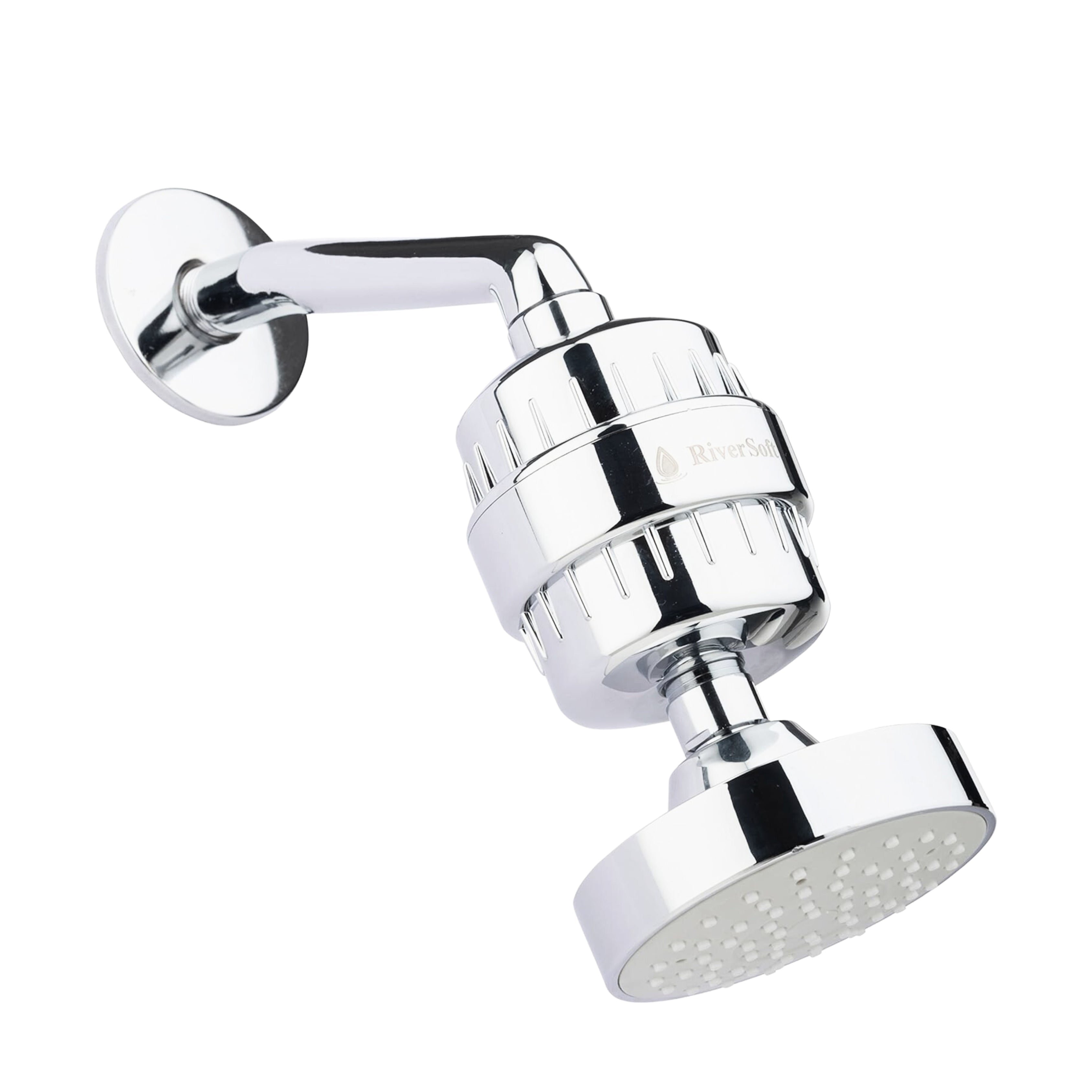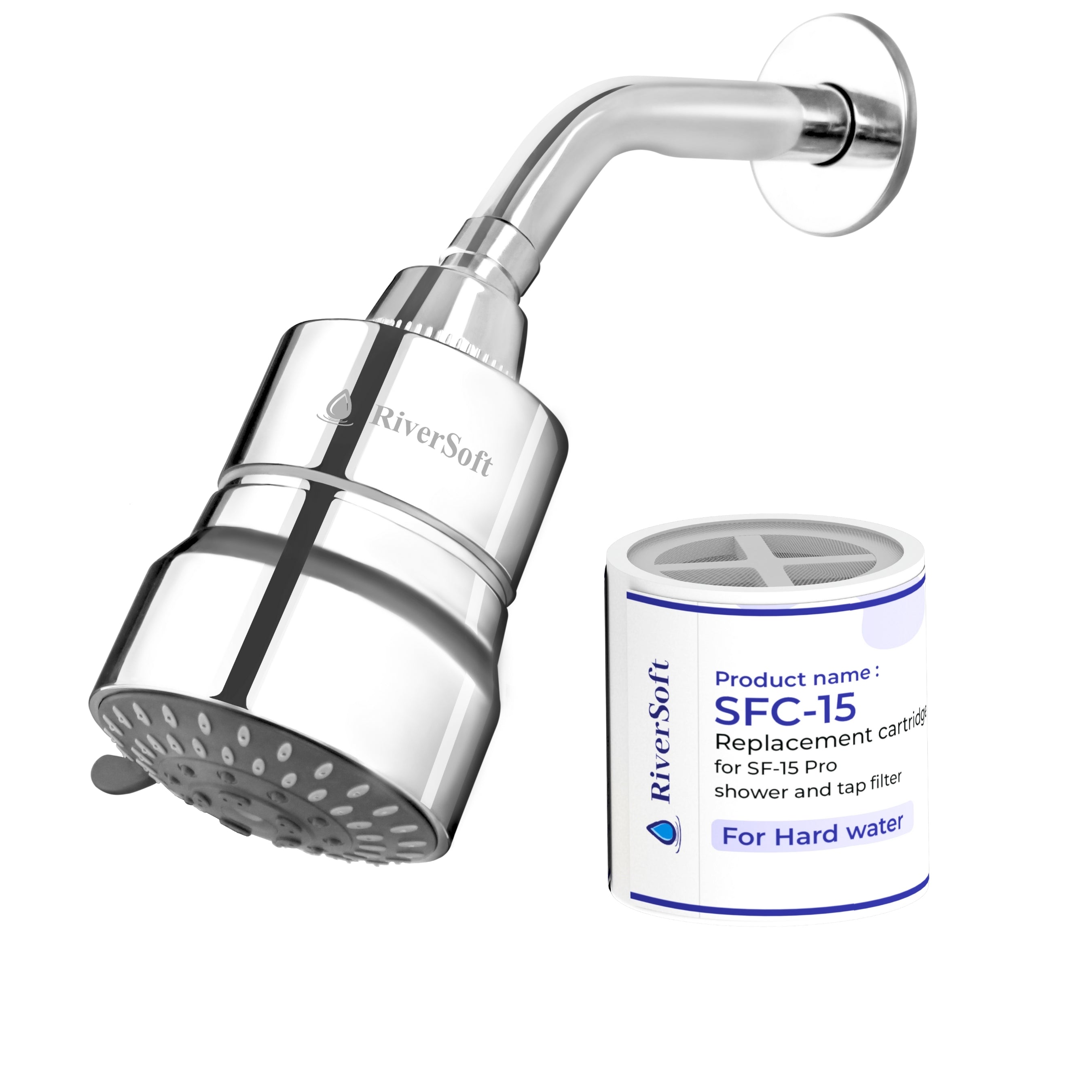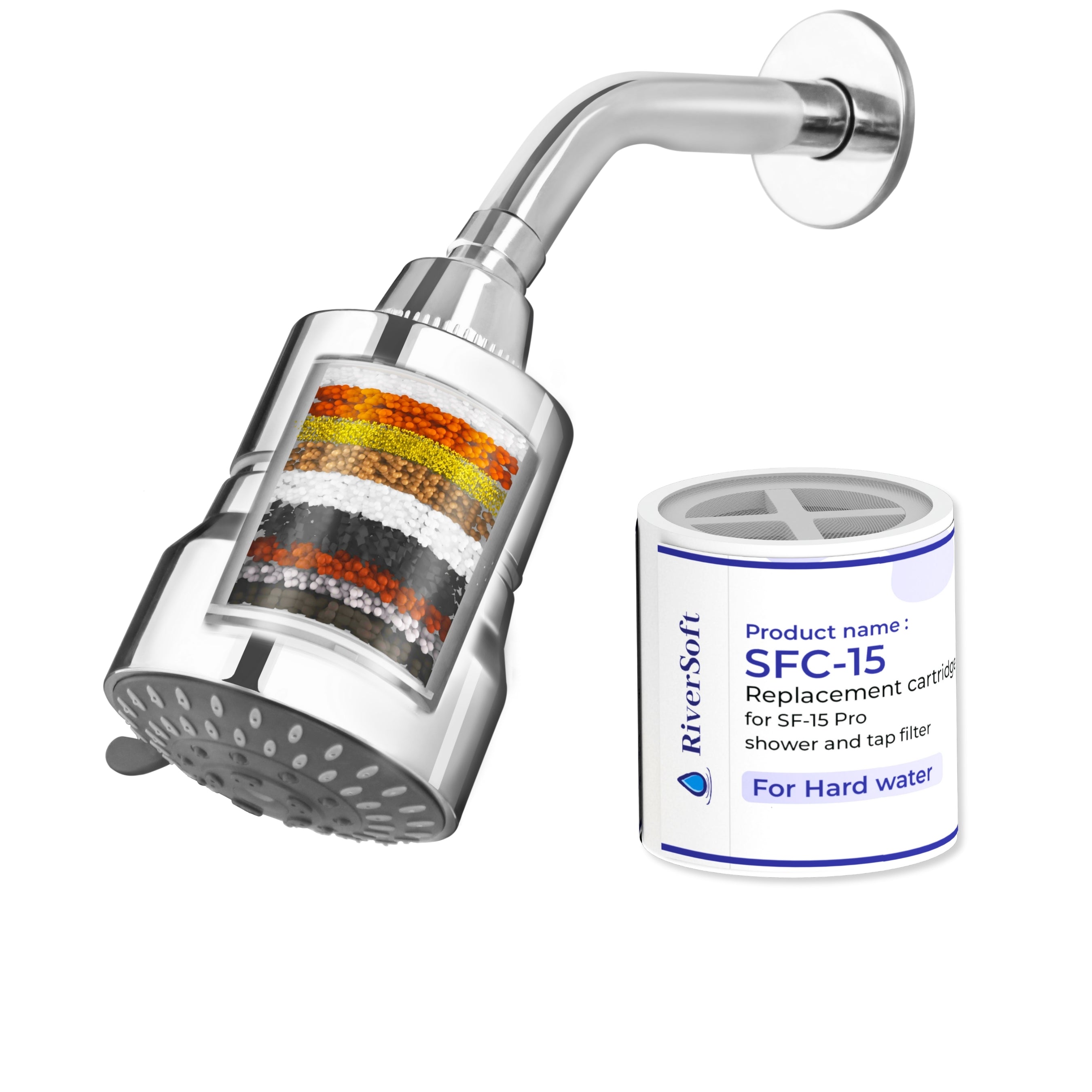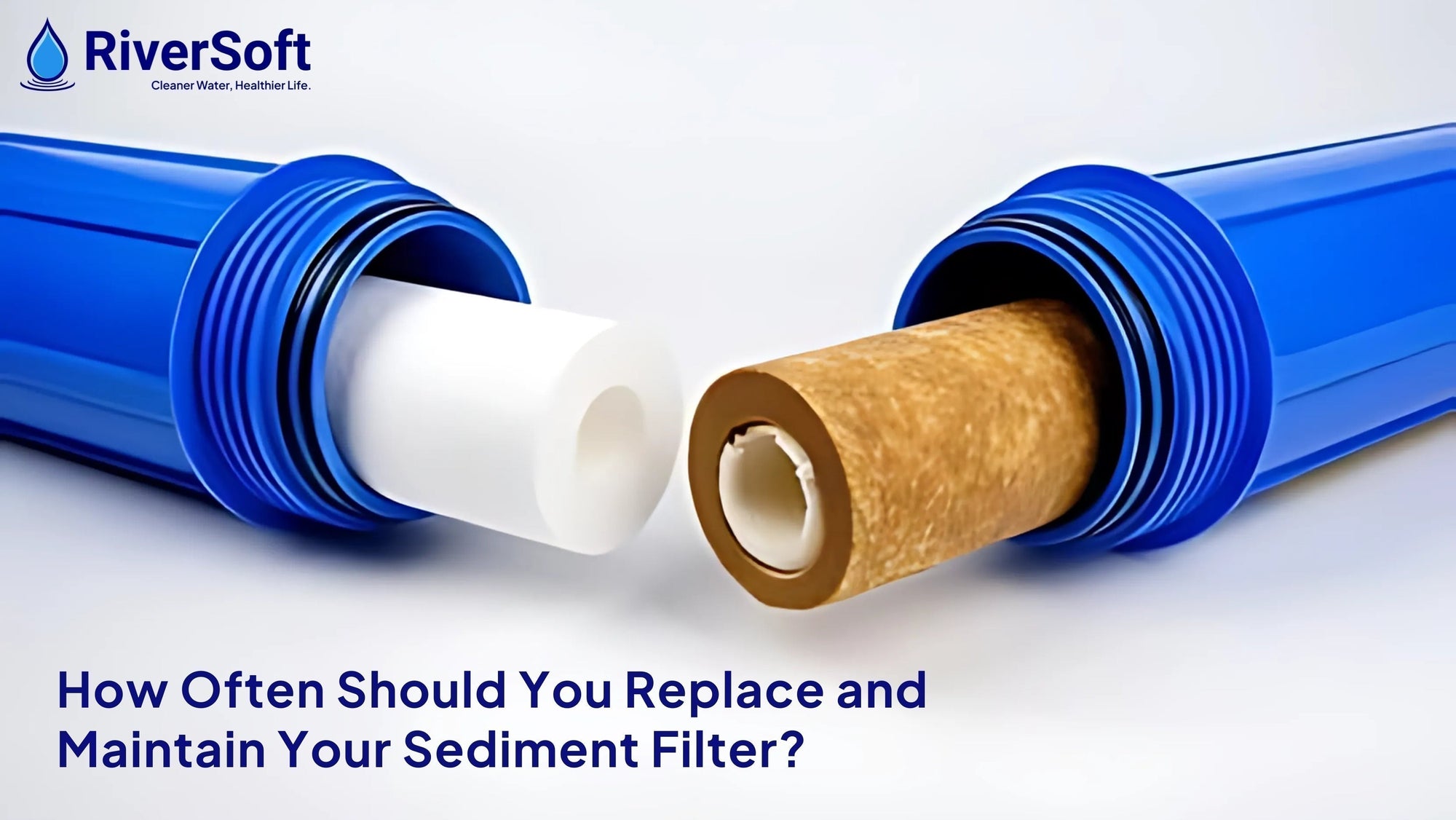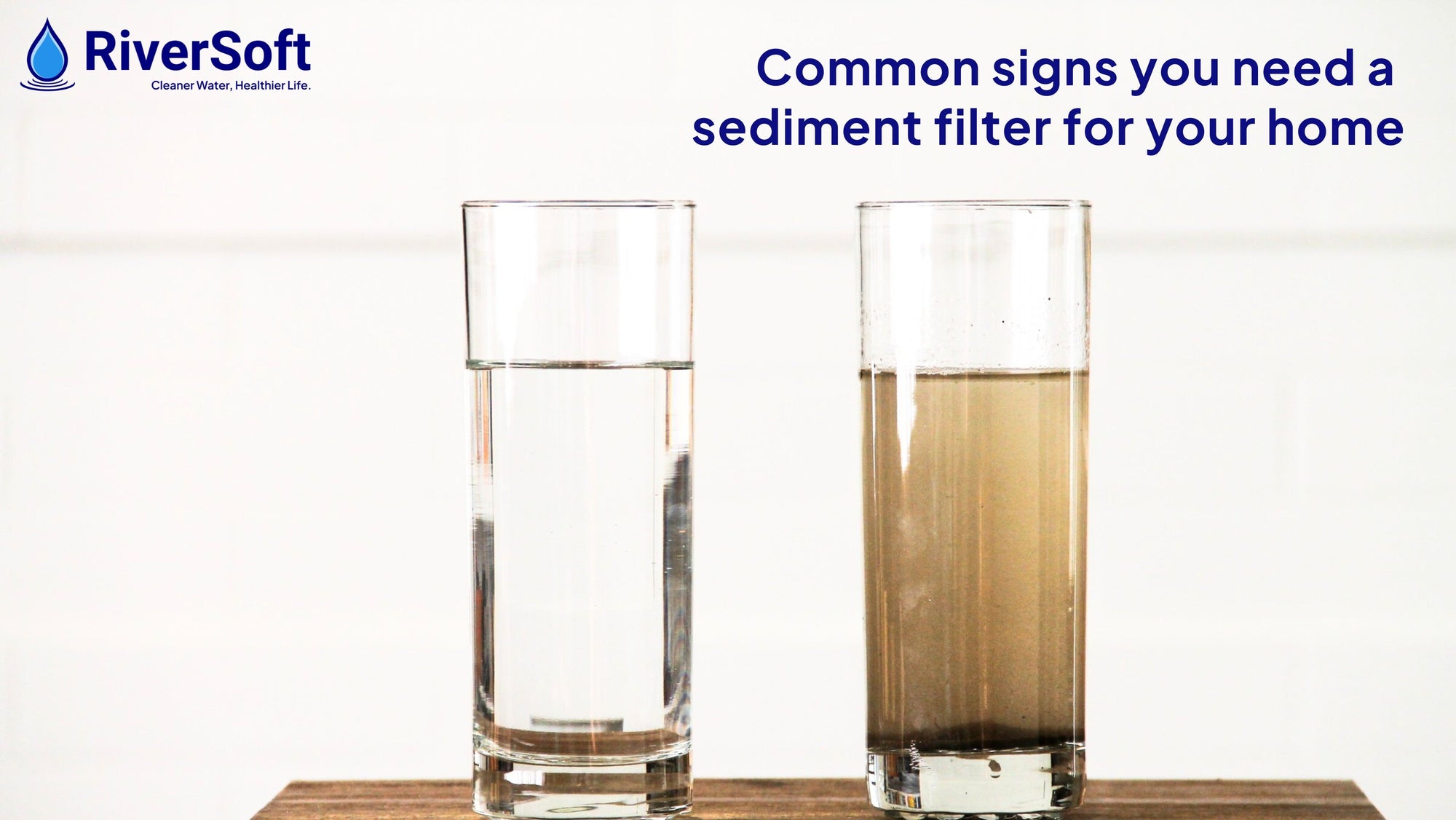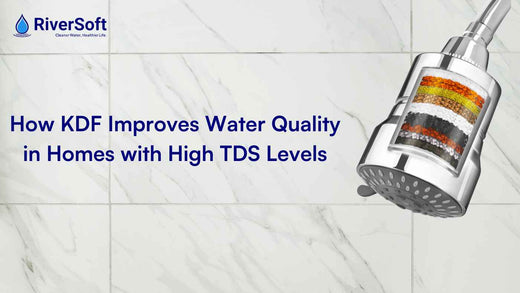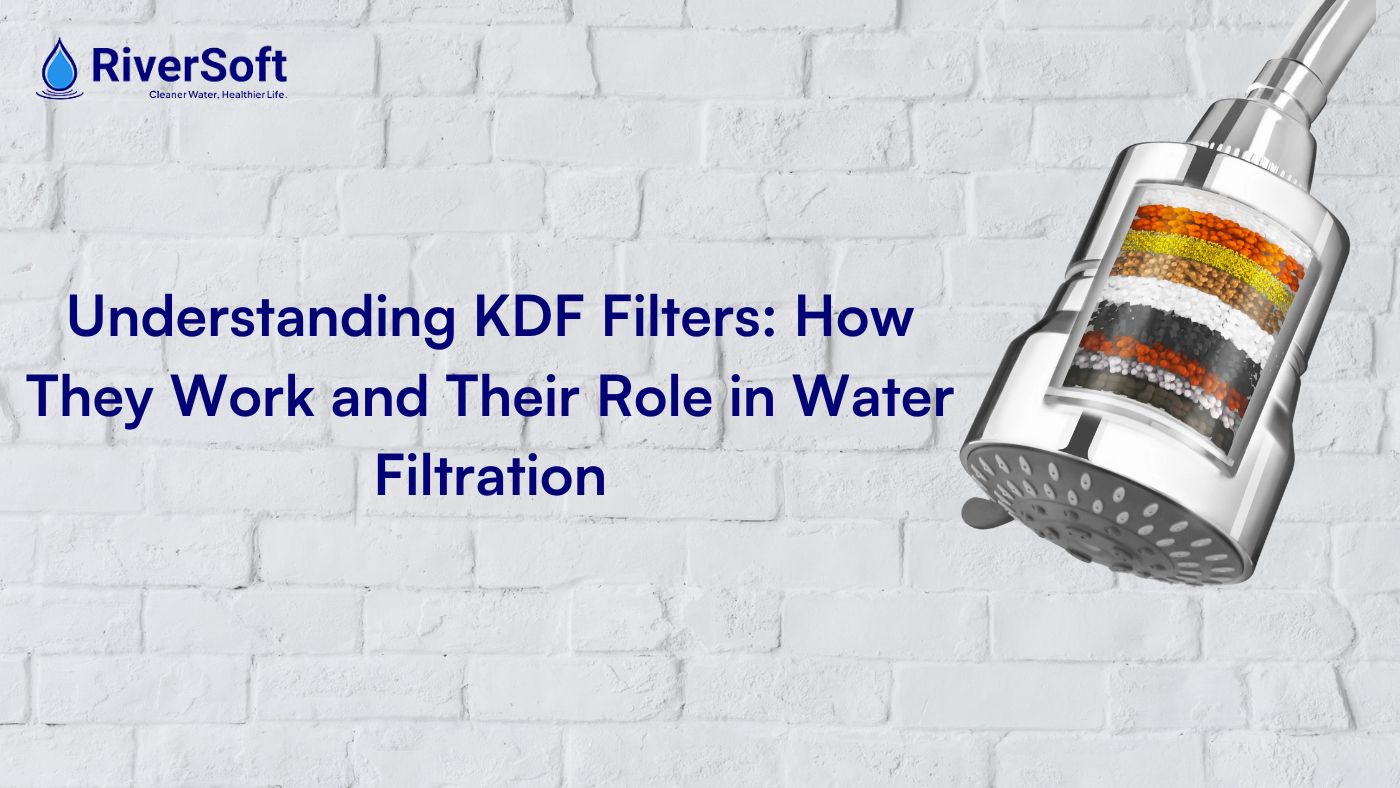When it comes to water, not all of it is the same. You might have heard people talk about “hard water” and “soft water,” but what does that mean? Understanding the difference can help you take better care of your home, your appliances, and even your skin and hair. Let’s break it down in the simplest terms while adding a sprinkle of technical detail.
What is Hard Water?
Hard water is water that contains a high amount of minerals, mainly calcium and magnesium carbonates. These minerals come from rocks and soil the water flows through before reaching your taps. Think of it as water that’s been infused with natural minerals along its journey.
Signs of Hard Water
- Soap scum: Soap doesn’t lather easily, leaving a filmy residue.
- Limescale build-up: White, chalky deposits on faucets, kettles, and pipes.
- Dull hair and dry skin: Minerals in the water strip away natural oils.
- Reduced appliance efficiency: Minerals clog pipes and reduce the lifespan of washing machines and dishwashers.
What is Soft Water?
Soft water, on the other hand, has very few dissolved minerals. This type of water is often treated to remove calcium and magnesium carbonates, leaving it “softer.” Rainwater, for example, starts as soft water but can become hard when it absorbs minerals from the ground.
Signs of Soft Water
- Luxurious lather: Soap bubbles form easily and rinse away cleanly.
- No limescale: Appliances and fixtures stay shiny and clean.
- Softer skin and hair: Without minerals, soft water is gentler on the body.
Key Differences Between Hard Water & Soft Water
| Aspect | Hard Water | Soft Water |
|---|---|---|
| Mineral Content | High (Calcium & Magnesium) | Low or negligible |
| Effect on Skin & Hair | Can dry out skin and make hair rough and dull | Gentle on skin and hair, preventing dryness |
| Soap Lathering | Soap doesn’t lather easily | Soap lathers easily and works better |
| Plumbing Impact | Causes mineral buildup (limescale) in pipes and appliances | No mineral buildup, which helps maintain plumbing |
How a Water Softener Can Help
If you’re dealing with the effects of hard water, like limescale on faucets, dull hair, or clogged appliances, a water softener for tap and shower might be what you need. Water softener is designed to remove the calcium and magnesium ions from hard water, replacing them with sodium or potassium ions. Here’s a closer look at how a water softener can help make your life easier:
1. Softer Skin and Shinier Hair
The effects of hard water on skin aHard water is harsh on your skin and hair because its minerals strip away natural oils. Soft water, free of those minerals, rinses away cleanly and gently.
2. Prevents Limescale Build-Up
Hard water leaves behind mineral deposits, or limescale, on faucets, showerheads, and inside appliances like kettles and dishwashers. Over time, this build-up clogs pipes, reduces water flow, and makes appliances less efficient. A water softener stops this problem at the source by removing the minerals that cause limescale.
3. Protects Your Appliances
From washing machines to water heaters, appliances that use water can suffer from hard water’s mineral deposits. This forces them to work harder, consume more energy, and wear out faster. A water softener reduces the strain on these devices, helping them operate efficiently.
5. Cost Savings Over Time
While installing a water softener is an upfront expense, the long-term savings make it worthwhile. You’ll use less soap, detergent, and shampoo, reduce the need for repairs or replacements for appliances and plumbing, and save on energy bills.
Final Thoughts
A water softener isn’t just a luxury—it’s an investment in your home, health, and convenience. By turning hard water into soft water, it saves you money, extends the life of your appliances, and makes everyday tasks like cleaning and bathing a breeze.
With the right water softener, you can wave goodbye to limescale, dry skin, and clogged pipes, enjoying the perks of soft water instead. Whether it’s for a smoother shower or a shinier kettle, the benefits are hard to overlook!






